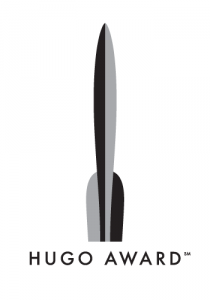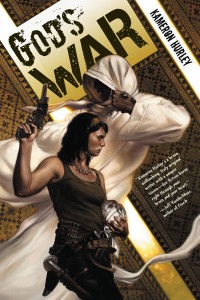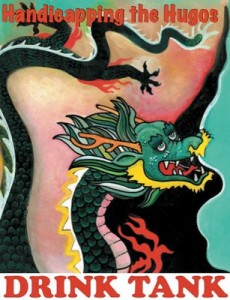Little by little, one travels far.
Like many bloggers, I first entered the blogosphere by reading other bloggers and discovering the wonderful community of Fantasy and Science Fiction fans that I was always unable to discover in ‘real life.’ Among those early discovered blogs was Graeme’s Fantasy Book Review, a sharp blog edited by a lovely English bloke named, well… Graeme. It wasn’t a very long before I began A Dribble of Ink, inspired by bloggers like Graeme. He is prolific, and has a range of interests that would make any blogger jealous. Today, he announced in his final blog post that Graeme’s Fantasy Book Review will be closing its doors.
To quote:
It’s been a little while coming but it’s time to bring this blog to a close. Obviously there are a whole load of reasons (none of them particularly interesting to you guys) but the bottom line is that I’m not really enjoying it anymore and that means that it’s time to stop. That’s not to say that I won’t come back, in the future, and start something up again; just not here. I’ve got some ideas but I just want to stop and chill out for a while.
[…]
I think that’s about it. It’s been a amazing experience but you have to know when it’s time to stop. It’s time to stop :o)
The online SFF community is a vibrant and tight group of fans, and though Graeme’s blog is ceasing publication, I hope that the curator continues to be a part of the community. As a blogger who has been at it for several years myself, I can understand Graeme’s reservations and applaud his decision to decide that he’s just not having fun anymore. It can’t have been an easy decision to make. Best of luck to Graeme in his future endeavours, and congratulations on over six years of terrific service to the SFF blogging community.

 By now, you’ve probably seen the results of the
By now, you’ve probably seen the results of the  One of my favourite weekly features in the blogosphere in Mieneke Van Der Salm’s Blogger Query interviews. Every Wednesday, she pulls one blogger or reviewer and puts them to question. It’s a fun way to get to know some of the personalities in SFF fandom. And, well, this week was my turn.
One of my favourite weekly features in the blogosphere in Mieneke Van Der Salm’s Blogger Query interviews. Every Wednesday, she pulls one blogger or reviewer and puts them to question. It’s a fun way to get to know some of the personalities in SFF fandom. And, well, this week was my turn.

